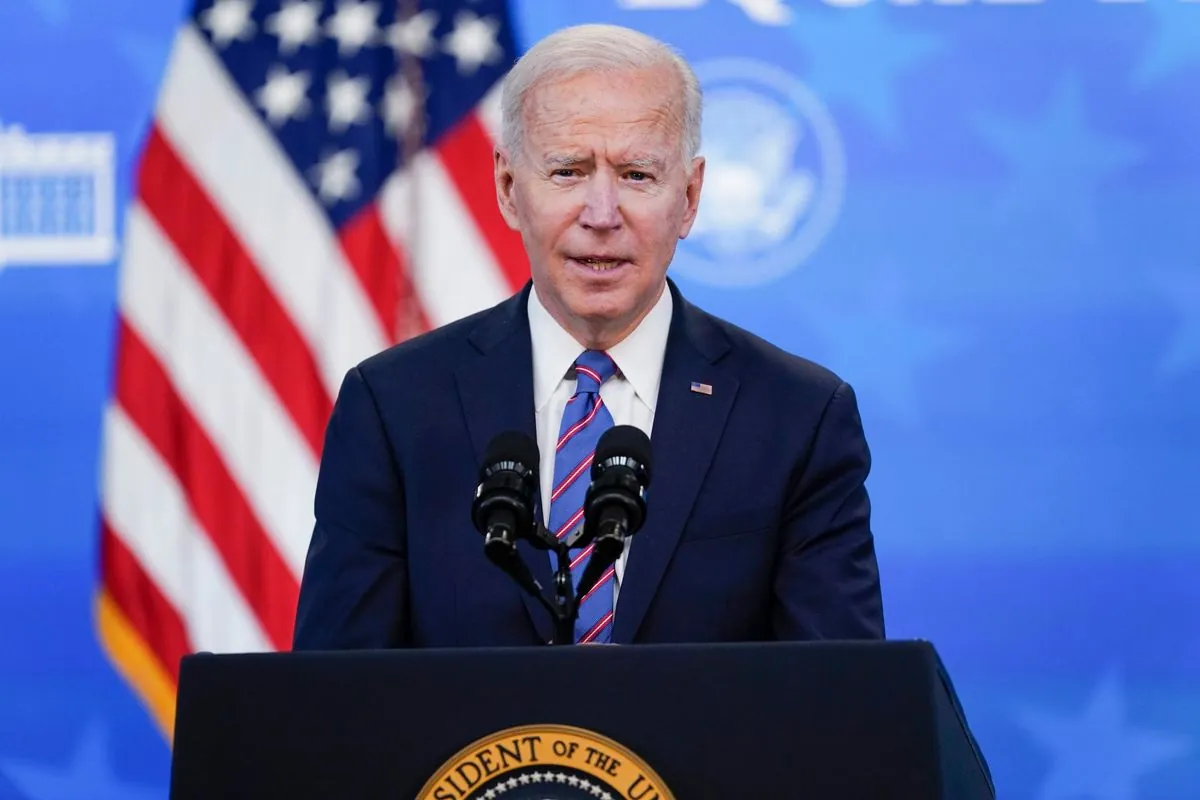President Joe Biden has announced that he is on the verge of presenting a final proposal for a deal to secure the release of hostages held by Hamas in Gaza. This development comes nearly 11 months after the conflict began, which has resulted in a severe humanitarian crisis in the region.
In a statement to reporters at the White House, Biden expressed his dissatisfaction with Israeli Prime Minister Benjamin Netanyahu's efforts to secure such an agreement. When asked if he believed Netanyahu was doing enough, the President responded with a simple "No," without elaborating further.
The urgency of the situation has been underscored by recent events. Over the weekend, Israeli forces recovered the bodies of six hostages from a tunnel in Gaza, including 23-year-old American-Israeli Hersh Goldberg-Polin. The Israeli military reported that these hostages were recently killed by Hamas militants.
This tragic discovery has intensified criticism of the Biden administration's Gaza ceasefire strategy, particularly in the context of the upcoming U.S. presidential election on November 5, 2024. It has also increased pressure on Netanyahu from Israeli citizens demanding the return of the remaining hostages.
The ongoing conflict has created divisions within the Democratic Party. Many progressive members are urging Biden to either restrict or place conditions on U.S. weapons supplies to Israel, which has been a longstanding ally of the United States in the Middle East.
"We're very close to that. Hope springs eternal."
In response to questions about the potential success of a hostage deal, Biden remained cautiously optimistic, stating, "Hope springs eternal." The President and Vice President Kamala Harris were scheduled to meet with the U.S. hostage deal negotiating team to discuss efforts towards an agreement for the release of the remaining captives.
The Israel-Hamas conflict, which began in October 2023, has had far-reaching consequences. It has sparked worldwide protests and debates about the Israeli-Palestinian issue, strained Israel's relationships with some Arab neighbors, and raised concerns about regional stability in the Middle East. The United Nations has repeatedly called for an immediate ceasefire and humanitarian access to Gaza, where shortages of food, water, and medical supplies have reached critical levels.
As the situation continues to evolve, the international community watches closely, hoping for a resolution that will bring an end to the hostage crisis and pave the way for broader peace negotiations in this long-standing conflict.
